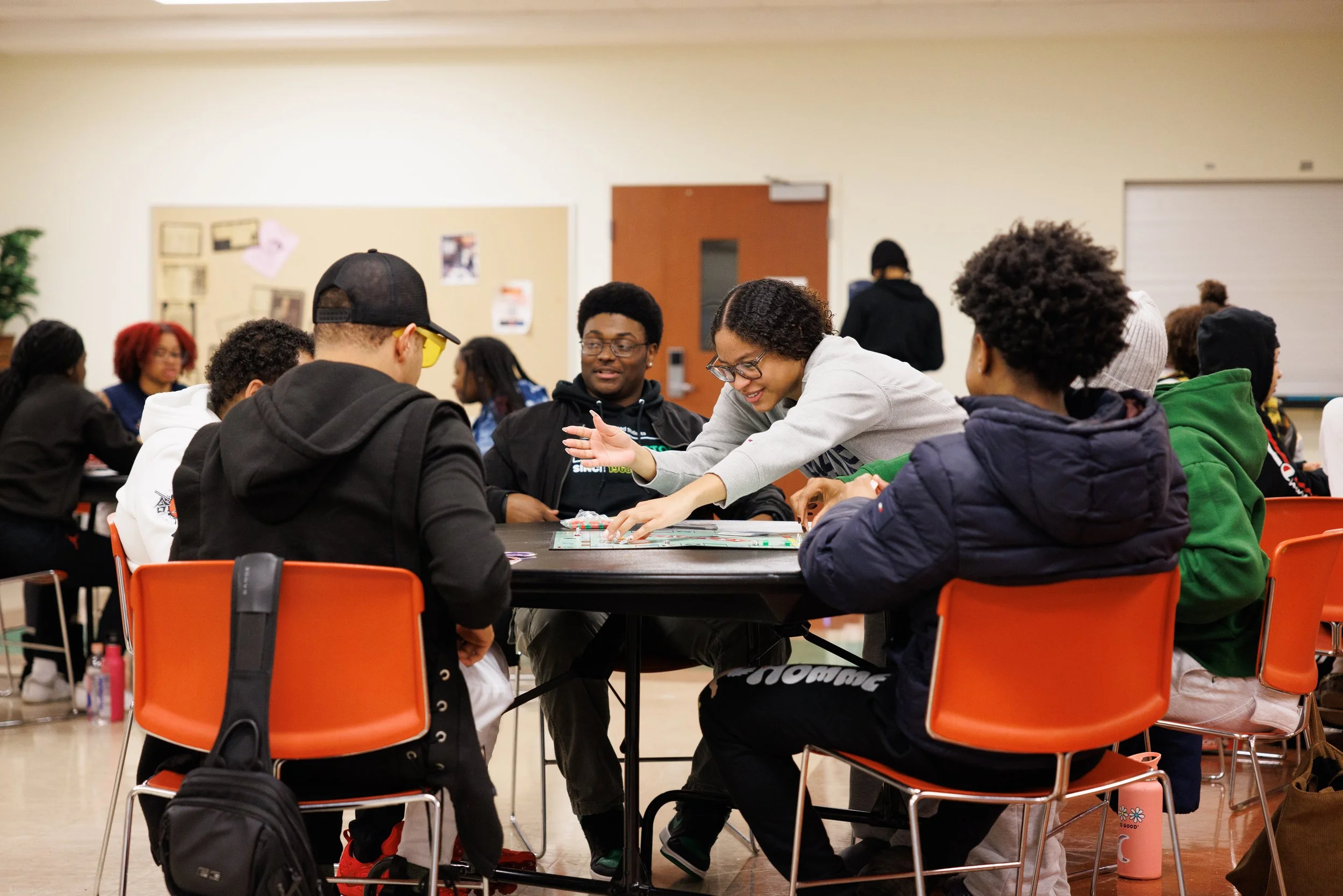Is Your Skill Set Still on Release 3.0?
Remember when having a SmartBoard in your classroom made you cutting-edge? When PowerPoint presentations were revolutionary? If these memories feel recent, your professional toolkit might need a significant upgrade. And that's what we aim to show you how to do.
Don't forget that I know what you are dealing with. I've taught English, History, Music, Latin, and Computers. So, I totally understand what you are up against time-wise and everything else-wise.

The Education Evolution
Teaching excellence in 2025 demands a radically different skill set than just five years ago, as this video illustrates. While your core teaching abilities remain valuable, the wrapper around them needs constant refreshing. Consider this: students entering your classroom today have never known a world without AI assistants, voice commands, or instant global connectivity.
Your Professional Upgrade ChecklistCredentials and Certifications
- When did you last update your teaching credentials?
- Have you earned micro-credentials in emerging educational technologies?
- Are your digital literacy certifications current?
Presentation Materials
Gone are the days of static slideshows. Modern educators need:
- Interactive presentation tools that enable real-time student participation
- Hybrid-ready materials that work both in-person and virtually
- Accessibility-compliant content that serves diverse learning needs
Documentation for Success
Your professional portfolio should showcase:
- Video samples of your teaching




















